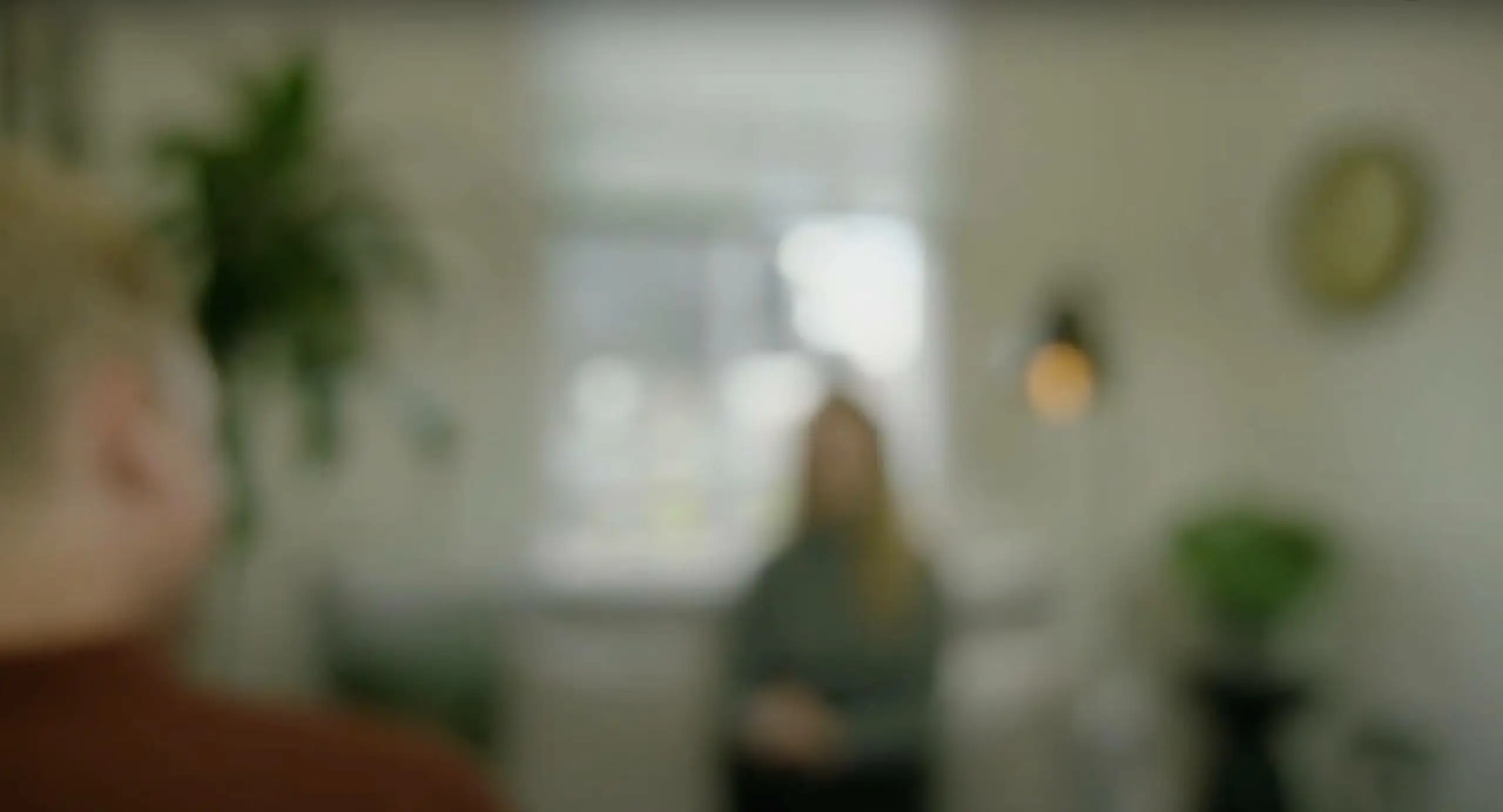
Autism Assessment in London
Speak to one of our specialists today regarding a private Autism Assessment
— CHILD AUTISM ASSESSMENT —
Autism:
Symptoms, Diagnosis & Treatment
Is your child displaying signs that raise concerns about the possibility of autism? Led by a team of expert psychologist-therapists, we provide confidential private ASD assessment in london for both children and adults to determine or rule out an autism diagnosis.
In the event of an autism diagnosis, we are committed to developing a personalised treatment plan to assist in managing symptoms effectively.
Explore further to gain insights into Autism Spectrum Disorder (ASD), understand the indicators of ASD in children and adults, and familiarise yourself with our comprehensive approach to diagnosis and treatment.
Learn about the criteria for engaging in a private assessment for autism in children and adults.
What is ASD?
ASD stands for Autism Spectrum Disorder. Autism is a neurodevelopmental condition (at the most severe end, it is a condition that affects brain development). It’s usually diagnosed in childhood and adults.
Autism is described as a spectrum disorder because there is a wide variety in the type and severity of symptoms that people, both children and adults, experience. Everyone with an autism diagnosis is on the spectrum — but some people are further along it than others.
ASD affects how children and adults perceive and interact with other people. This can cause problems in communication and social interaction. Scientists are not certain why some individuals are further along the spectrum than others. Research suggests it is mainly due to several genetic factors. It is important to understand that Autism is not solely attributed to the relationship between individuals and their caregivers.
Child Autism Assessment in London / ASD FAQs
What to do if my child is under 5?
Lots of parents contact us about their concerns for a child under the age of five. It is understandable as there is lots of advice which states early intervention is key. So as a parent if you spot signs of difficulties and delayed development in children it is understandable to try and seek help.
Why then, is it so difficult to find a professional that will assess and treat your child under the age of 5?
The answer to this lies in the fact that most of the assessment tools available to professionals have not been designed for children under the age of 5. Therefore it is very difficult for a professional to assess difficulties such as autism with certainty under the age of 5. A secondary reason why professionals usually do not advocate diagnosis under 5 is that there is a real probability that your child’s difficulties fall in the normal range and therefore although delayed at the moment they are likely to catch up at some point in the future.
At Kove we understand how anxiety provoking it can be for parents, therefore we suggest doing the following if you are concerned about developmental difficulties with a child under five.
1) If you would like a diagnosis please go and speak to either your GP or a developmental paediatrician. There are many of these in the UK; some work in their own private practices and others are available in private hospitals such as the Portland.
2) If you want to help your child catch up developmentally and work on the difficulties that you can see you don’t need diagnosis. Kove recommends speaking to your local speech and language therapy team and occupational therapy team. These teams will be able to do direct work with your child who is under five, they will also be able to give you lots of advice and tips to practice at home.
We hope that this information has been helpful; however if you still have concerns please don’t hesitate to contact your local health visiting team as all children are open to their health visitor until they start school.
What does an autism evaluation for a child involve?
A comprehensive autism evaluation involves developmental assessment, interviewing parents about the child’s behaviors and early development, observing the child’s interactions and communication, and using autism diagnostic tools. For further information book a free consultation and speak to an expert today.
BOOK AN AUTISM ASSESSMENT IN LONDON
Get a private Autism assessment in London
& a personalised treatment plan.
Our psychologists have helped hundreds of children & adults manage their Autism symptoms.
Don’t delay, speak to Kove today.
Symptoms of autism
Recognising the symptoms of autism in both children and adults is crucial for early intervention and support. While autism is a spectrum disorder, meaning that it manifests differently in each individual, there are certain common symptoms that can indicate its presence.
- Difficulties in Social Interaction and Communication:
- Children and adults may experience challenges with eye contact, understanding nonverbal cues, and engaging in reciprocal conversations.
- Limited Range of Facial Expressions and Emotional Expression:
- Both children and adults might exhibit a restricted range of facial expressions and encounter difficulty expressing emotions effectively.
- Challenges in Developing and Maintaining Relationships:
- Children and adults with autism may face difficulties in forming and sustaining friendships, often preferring solitary activities or engaging in repetitive behaviors.
- Preference for Routine and Distress with Disruptions:
- A preference for routine and distress when routines are disrupted can be observed in both children and adults with autism.
- Repetitive Movements and Sensory Sensitivity:
- Displaying repetitive movements, such as rocking or hand-flapping, and sensitivity to sensory stimuli are common characteristics in both children and adults.
- Language and Communication Difficulties:
- Language and communication difficulties, including speech delays, echolalia, and challenges in understanding and using gestures, facial expressions, and body language, are shared symptoms.
Remember that the severity and combination of these symptoms can vary among children with autism, and it’s essential to seek professional evaluation and support if you suspect your child may be showing signs of autism spectrum conditions, call 0207 8560 464 today and speak with an expert alternatively

An individual, whether a child or an adult, with severe ASD may encounter challenges such as:
- Social Interaction Difficulties:
- Struggling with social interactions, they may find it challenging to understand and interpret social cues, making it difficult to form and maintain relationships.
- Communication Hurdles:
- Communication can pose a significant hurdle, characterised by limited verbal skills or challenges in expressing needs and emotions effectively. This difficulty persists for both children and adults with severe ASD.
- Repetitive and Restrictive Behaviors:
- Individuals, whether children or adults, with severe ASD may exhibit repetitive and restrictive behaviors, engaging in repetitive movements or fixations on specific objects or topics.
- Sensory Sensitivity:
- Sensitivity to sensory stimuli, such as noise or touch, may be apparent in both children and adults with severe ASD, potentially leading to distressing experiences.
In summary, these challenges significantly impact the individual’s ability to navigate the world. Specialised support and interventions tailored to their unique needs are essential for both children and adults with severe ASD.
At the mild end of the spectrum, children with ASD may struggle with:
On the milder end of the spectrum, individuals, whether children or adults, with ASD may encounter challenges including:
- Transitions (Moving Between Activities):
- Difficulty with transitions between activities can be observed in both children and adults with mild ASD.
- Inflexibility in Play and Emotional Responses:
- Those with mild ASD may display inflexibility in their play, becoming upset or aggressive when situations don’t align with their expectations. Some individuals may develop specific interests and become intensely focused on them.
- Distress Over Changes and Variable Eye Contact:
- Experiencing distress when moved on from an activity is common. Some may struggle with eye contact, while others might find it to be a minor issue that goes unnoticed.
- Sensory Sensitivities:
- Many individuals with mild ASD, both children and adults, may grapple with sensory issues. For instance, the sensation of water may be either distressing or enjoyed to an obsessive extent.
- Challenges in Detecting Autism in Girls:
- Detecting autism in girls proves more challenging due to the predominant focus of research on boys. Hence, it is crucial to consult a specialist, such as Dr. Jenna Vyas-Lee, an autism specialist capable of diagnosing and treating individuals of all genders experiencing ASD concerns.
Child Autism Diagnosis in London
At Kove, we use tools which are considered the “gold standard” in autism diagnosis.
Firstly, we spend time with the child, following what is known as the Autism Diagnostic Schedule (ADOS-2). Then, we spend time with the parents, following what is known as the Autism Diagnostic Interview (ADI).
We also gather information from the school or nursery. There is often more than one qualified clinician undertaking the assessment. The information we gather is assessed against internationally recognised criteria (DSM-5). Then, we can make decisions about the diagnosis. Once autism has been diagnosed, we can discuss a treatment plan to help your child manage their symptoms.
Who can diagnose Autism Spectrum Disorder?
Watch this video featuring Dr Jenna Vyas-Lee to find out who can diagnose a child and adult autism assessment
Autism Treatment
A diagnosis and treatment plan is only needed when the impact of the symptoms is affecting day-to-day functioning. Effective treatment can improve day-to-day functioning for some children with ASD. Treatment aims to help a young person manage their condition to the best of their abilities. At Kove, we approach ASD treatment holistically. First, we set goals and expectations. Then, we think about which professionals need to be involved to help the young person live their life to the fullest. Treatment starts by looking at symptoms and can help manage emotional difficulties and behaviours. Several treatments have been developed for use with young children.
One of the models we use is adapted cognitive behavioural therapy (CBT), a tailored version of CBT to suit your child’s specific ASD symptoms. Adapted CBT can support parents, children and teachers to navigate the condition. We can also help you identify environments that are specially adapted for neurodiverse people. For example, ASD-friendly cinemas or specific ASD-friendly times at shopping centres. Our strong belief is that we should all be working together to ensure our communities are as inclusive as possible. There’s a huge need for neurotypical people to help adapt environments to make them more friendly to those who are neurodiverse.

Step 1
Check Criteria
If your child is displaying signs of Autism, is 5 years or older and you wish to book a private child autism assessment (£2000) speak with kove today, for Adults assessments start from (£1500)
Childhood Autism Specialist
Dr Jenna Vyas-Lee
Dr Jenna Vyas-Lee has assessed many children for neurodevelopmental disorders, she understands that parents often have many questions about the process and different treatment options. Jenna will spend as much time as required supportively guiding you through the full assessment.
As a parent of two young boys she understands the importance of clear communication and access to quick and effective health care.

AUTISM CLINIC IN LONDON
Book your call
If you are considering a private autism assessment in London, simply book an appointment today.
” Our family have worked with both Jenna and Jordan over the last few years. We have found them both to go the extra mile to ensure that we received the help that was required. “

AUTISM CLINIC
Our expert private psychologists have treated 1000s of patients.
AUTISM TESTIMONIAL


